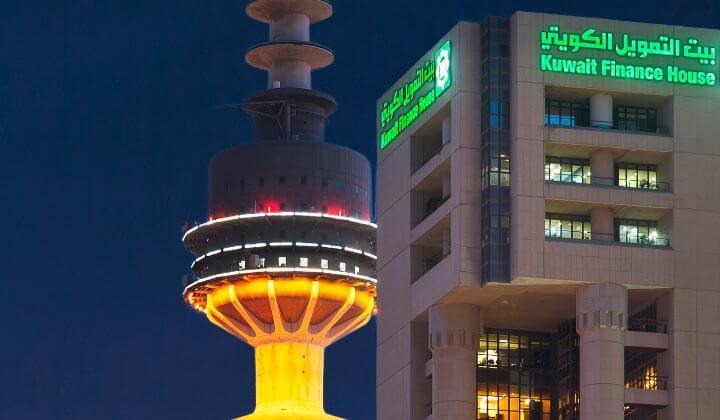
It has been a rather eventful week for Ripple with a slight uptick in value and a couple more tests on its network. In the UK, Digital Currencies, the company that provides payments solutions has been doing some tests. The results were impressive, the company came out to say.
Digital Currencies found Ripplenet considerably faster than what it has been using. Ripple, the company was not involved in any way.

In the Middle East, Ripple struck another important partnership with Kuwait Finance House as it makes forays outside Europe and the US.
KFH has already started testing the protocol for global payments and remittances. KFH is worth $8.2 billion and adds a big boost to Ripple’s quest to become the leading payment network.
The company is out to dislodge SWIFT which is basically a messaging platform used by several banks to process transfers. The old technology is plagued with slow transaction times especially with international transfers.
On the contrary, payments are processed instantaneously on the ripple network. In addition, it cuts costs by more than 60% when used with XRP tokens.
Growing list of partnerships
KFH joins dozens of other banks testing the system. Ripple has over 100 partnerships with banks in South Korea and Japan to use its platform for processing.
Santander, Europe’s largest bank is already using Ripple’s technology. The payment app which is now available in four countries uses Ripple’s xcurrent technology. The product which has been in development for over two years is expected to be rolled out to small businesses at a later date.

Several other banks are warming up to blockchain technology. Philippines’ Union Bank has, for example, has been in discussion with Ethereum to use its network for both local and international transactions.
While all these are large banks, Ripple’s real prospect of dominating the industry lies in netting the smaller banks. This is because several banks have a stake in the old SWIFT system and are therefore reluctant to drop it.
Why smaller banks are a good target
Smaller players looking at transforming how payments work and at a cheaper cost do not have similar encumbrances.
Ripple may, therefore, benefit by expanding its focus outside the West, as it is currently doing. It is also here where there is the greatest need.
KFH, for example, is banking on blockchain to deliver services to more customers.
“This is great news for the Kuwait Finance House, as it continues to add solid foundations to the major banking partnerships. The fact that KFH is the first bank in Kuwait to operate in this way will pave the way for more customers to access services through the Ripple network,” a company spokesperson said after the development.

KFH is the first bank in the country to join Ripplenet. Ripplenet’s partnerships now extend far to payment providers in China and the United Arab Emirates.
With so many widespread partnerships, Ripplenet could be on the cusp of mass adoption. For now, the satisfied team at Digital Currencies is looking at adopting the payment system as a potential game-changer for faster, cheaper and safer transfers.
Meanwhile, Ripple reportedly wants you to distinguish between Ripple, the company and “ripple” -the token known by the ticker XRP. This is in the company’s bid to de-securitise it. A new symbol is also in the offing.

